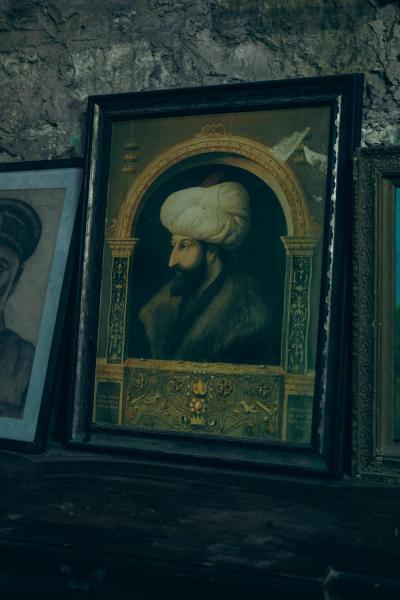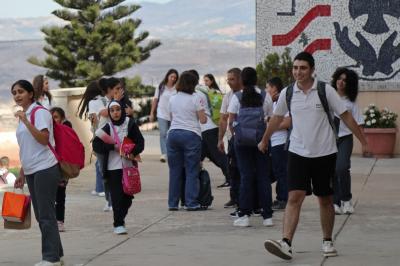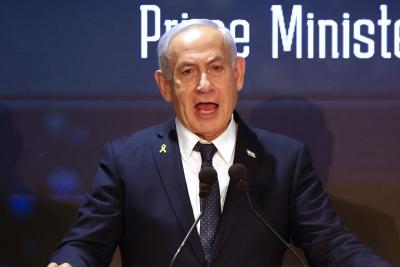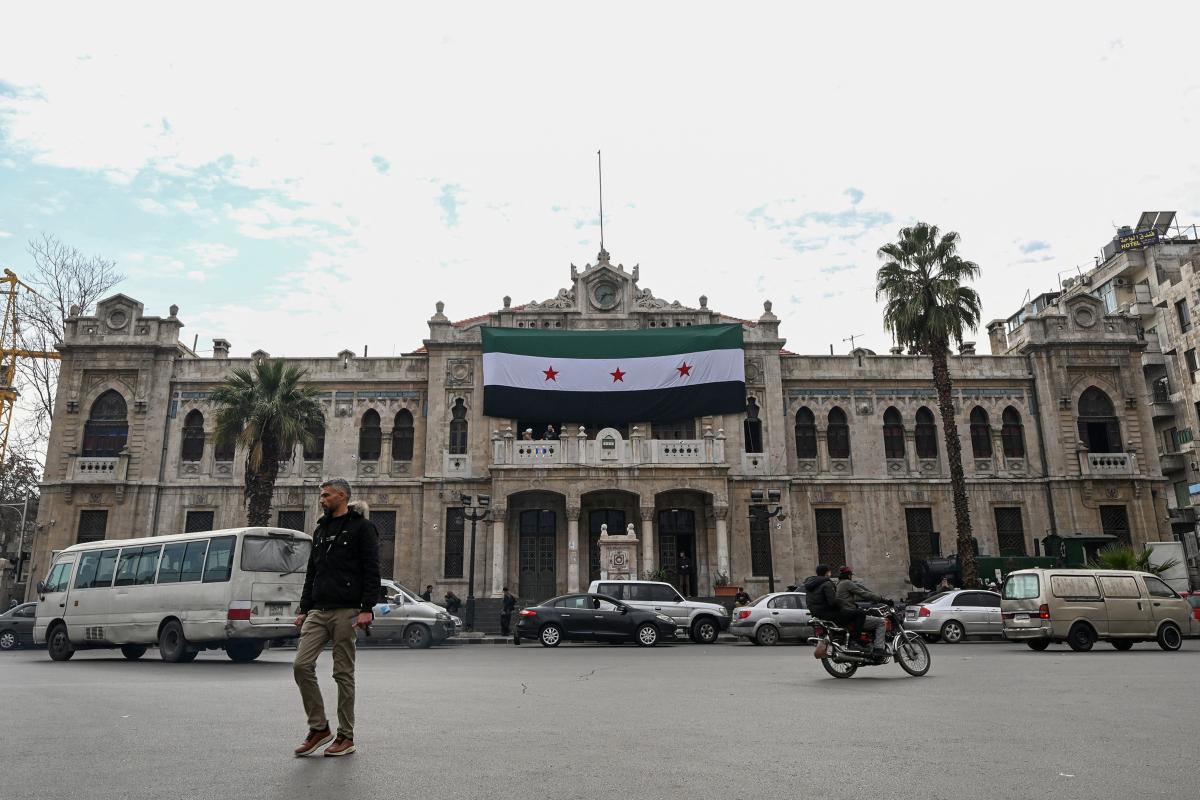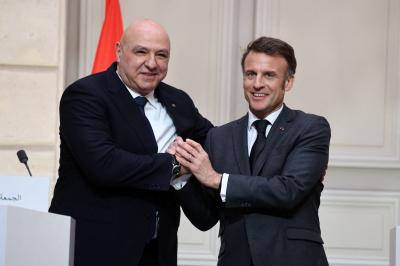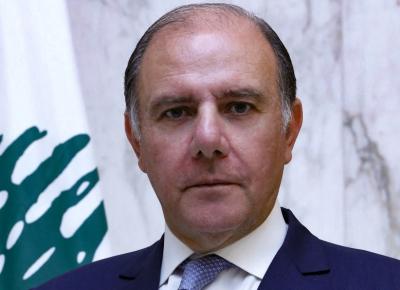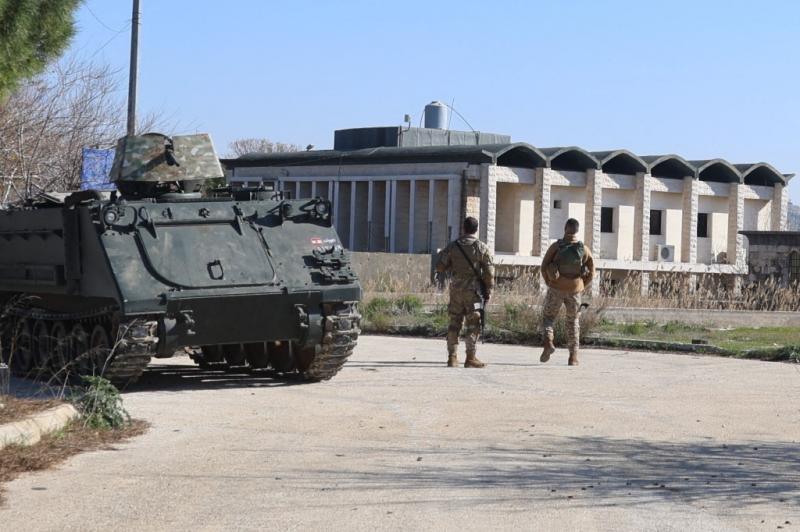An interview with Alain Atassi, a Franco-Syrian investment banker and Middle East economist, reveals a sobering reality: 90% of Syrians now live below the poverty line. The discussion also explores France’s potential role in Syria’s reconstruction.
Ahmed al-Sharaa’s First Decisions as Syria’s New Leader
Following Bashar al-Assad's fall, Ahmed al-Sharaa started leading a country in ruins. However, he quickly established himself as a peacemaker and a key figure in Syria’s reconstruction. His strategy focuses on three major priorities.
From his first public appearances on Al Jazeera, Al Arabiya, and CNN, al-Sharaa delivered a clear message: protect minorities, ensure justice for all, and avoid revenge against former regime members and intelligence officers. This approach was intended to defuse tensions and prevent further conflict.
One of his most ambitious initiatives has been a large-scale civilian disarmament program, targeting heavily armed Alawite groups as well as all militias, including his organization, the HTC. These forces have been placed under the exclusive authority of the Ministry of Defense—a decisive move to restore state control and strengthen national security.
Additionally, al-Sharaa has granted amnesty to 15,000 former fighters and cut the military’s size from 300,000 to 150,000 soldiers, redirecting resources toward humanitarian aid. In a bid for national unity, he has also launched a constitutional drafting process that involves all communities and has sought diplomatic engagement with key European leaders, such as France’s Jean-Noël Barrot, Germany’s Annalena Baerbock, and Italy’s Antonio Tajani. The overarching goal is to lift international sanctions and rally support for Syria’s reconstruction.
The Fate of Christians, Kurds, Alawites, and Other Minorities—Threat from Islamist and Turkish Influence?
The future of Syria’s minorities—Christians, Kurds, and Alawites—remains a key concern for Western powers after Assad’s downfall. Ahmed al-Sharaa has vowed to protect these communities, and his actions so far appear to support this pledge. However, the influence of foreign powers like Turkey and Saudi Arabia—both of which have backed armed groups—raises concerns and demands vigilance.
The suppression of any minority group could spark a popular uprising and destabilize the fragile political balance, regardless of ethnic origins. Historically, Syria’s Sunni majority has defended minority rights, and the country has long been a model of multicultural coexistence. Before Hafez al-Assad’s coup in 1970, then-Sunni President Nourredine al-Atassi appointed Hafez al-Assad as Minister of Defense and Salah Jedid as Chief of Staff, both Alawites—symbolizing an era of intercommunal cooperation. However, the Assad family’s rise to power introduced a divide-and-rule strategy, reminiscent of Philip of Macedon’s "divide and conquer" approach.
The Economic and Social Challenges of Syria’s Transition
After 14 years of war, Syria faces an immense challenge in rebuilding and revitalizing its economy. The conflict has caused an estimated $530 billion in damages. Lifting EU and US sanctions is critical for accessing international funding and reopening markets.
Reconstructing key infrastructure, such as the electrical grids in Homs, Aleppo, and Damascus, will require $600 million. Meanwhile, the housing crisis is worsening as millions of refugees consider returning.
Syria’s economy is in dire straits: GDP has plunged from $60 billion in 2010 to just $6.1 billion in 2023. Exports have collapsed from $7.6 billion to under $1 billion, and the Syrian pound has lost 270 times its value, fueling 115% inflation. Restarting key sectors like agriculture and industry is essential for job creation, especially in rural areas where unemployment exceeds 50%.
However, the international community remains hesitant. The lifting of sanctions—vital for Syria’s economic recovery—is tied to concrete government actions on human rights and gender equality. Delays in these reforms could stall reconstruction, even as 90% of Syrians live in poverty and 15 million depend on humanitarian aid.
Funding Syria’s Reconstruction: Who Will Pay?
Since Bashar al-Assad’s fall, international financial commitments for Syria’s reconstruction have taken shape: the UAE has pledged $1.5 billion, Saudi Arabia $2 billion, Russia $4 billion, and the EU €500 million for humanitarian projects. Qatar has also expressed support, though without specifying an amount.
However, institutions like the IMF, the World Bank, and the EU are making their aid conditional on political reforms and guarantees for human rights, gender equality, and minority protections.
Syria’s wealthy diaspora, which holds substantial financial assets, could play a role in funding a sovereign reconstruction fund. Internally, assets from former regime figures—estimated at $70 billion—could be recovered. Additionally, Syria might seek $300 billion in reparations from Russia and Iran for their role in the country’s devastation. These efforts aim to lay the foundation for economic recovery despite political uncertainties.
Is France’s Diplomatic Influence in Syria Marginalized?
France has not been entirely sidelined in Syria, but its influence has waned due to Russia and Iran’s dominant role in supporting the Assad regime throughout the war. These two powers have shaped Syria’s trajectory, limiting the impact of French-led initiatives.
However, France remains a key player in international diplomacy, particularly within the EU and the UN. Paris could bolster its influence by focusing on lifting sanctions and spearheading reconstruction efforts, particularly in industrial sectors where it has significant expertise.
Yet, Syrian public opinion remains wary of Western involvement, having endured 14 years of hardship with minimal intervention. The abrupt halt of the US-led coalition’s military action in 2014—following the Assad regime’s chemical attacks in Ghouta—further eroded trust in Western powers, including France.
To regain influence, France should lead humanitarian aid, advocate for lifting sanctions, and push for Assad’s prosecution at the International Criminal Court. This could lead to economic recovery, poverty reduction, and the involvement of major French firms—such as Total, Veolia, and Vinci—in rebuilding Syria’s energy and sanitation infrastructure.
Which Syrian Economic Sectors Should French Companies Target?
France’s economic diplomacy in Syria should prioritize two key objectives: lifting international sanctions and restoring Syrian confidence in French commitment to justice. France must push for easing EU and US trade restrictions while legally supporting Syria’s demands for financial reparations from Iran and Russia—the primary architects of the country’s destruction. Holding Bashar al-Assad accountable at the International Criminal Court could serve as a powerful symbol of France’s commitment to justice.
At the same time, France should encourage its companies to seize emerging opportunities in Syria’s reconstruction. This includes facilitating French SMEs' access to key sectors such as energy, construction, agriculture, telecommunications, and sanitation. By leveraging its industrial expertise and backing its major corporations, France can assert its economic presence while actively contributing to Syria’s stabilization.
Additionally, France could play a critical role in modernizing Syria’s public administration, offering expertise in governance, constitutional law, and administrative structuring to support democratic transition efforts.
 French
French

